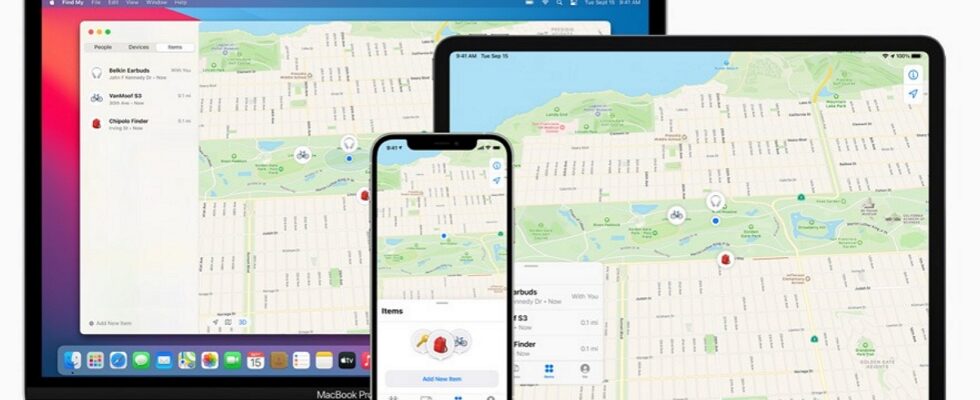Google’s “Find My Device” network for Android users, which will help locate objects using millions of Android devices, is about to launch because the industry standard on which it is based is about to be finalized.

A recent Google blog post update revealed that the integration version of the standard, titled “Detecting Unwanted Location Trackers,” was released on December 20. Android is therefore about to be entitled to its own “Find My Device” network, which should work like Apple’s “Locate” network.
Although version 1.0 of the project has been sent to the Internet Engineering Task Force (IETF), its finalization has not yet taken place. This project represents a important step towards launching the standard and ensuring cross-platform implementation.
“Find My Device” is coming soon to Android, here’s what we already know
Tracking networks have been around for a while, but the capabilities of Apple and Google’s networks stand out because They do not require installing an app on the tracking device for location detection.
While this feature is useful for finding lost items, it raises concerns regarding possible misuse, such as harassment. Apple came under fire for this when it launched AirTag, leading to the introduction of tools to detect unwanted trackers.
To address this, Google introduced rogue tracker detection for Android over the summer, allowing Android devices to identify nearby AirTags that might not belong to the device owner.
Initially, the launch of Google’s “Find My Device” network for Android could have left Apple users unprotected against unwanted trackers. Google, however, decided to delay the launch of the network until Apple puts in place protective measures for iOS users. Protections on both platforms are based on a new industry specification supported by both Google and Apple.
Although the exact release date for the finalized standard remains unclear, Google previously indicated that it should be completed “by the end of 2023.” What is certain is that Android and iOS users can expect improved privacy and security features in just a few weeks.
